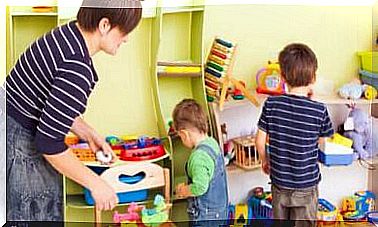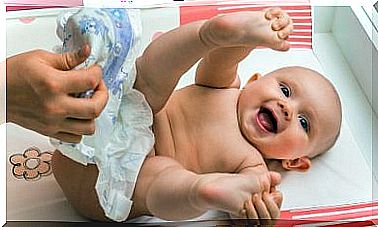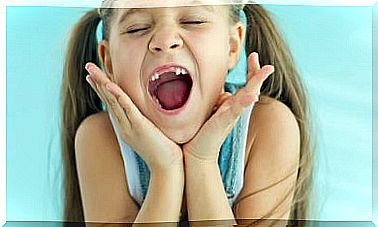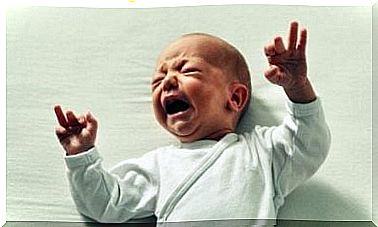Parent Styles And Children’s Personality
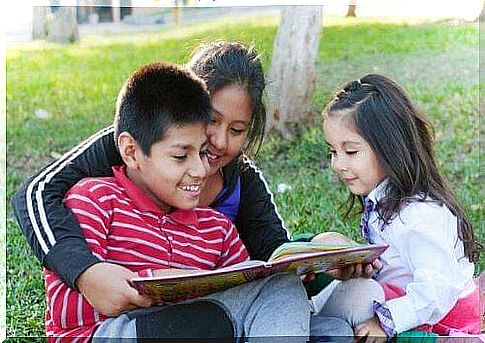
It is common knowledge that upbringing and parenting styles have a great influence on the way children’s personalities develop. Social researchers believe that the family is the most important factor for socialization.
As a result, parenting style plays a major role in children’s psychosocial development. This is why the way parents choose to raise their children is very important.
Your parenting style refers to the way you approach your children’s need for guidance and discipline on a daily basis, including how you make decisions and resolve conflicts in the household.
To what extent can our way of raising our children affect the development of our children’s personality?
Parenting styles and children’s personality: discipline and affection
The style that parents choose to use to bring up and educate their children is not just a tool to set desirable traits and teach children to behave properly. Children also acquire a range of talents and personal characteristics as a result.
When we draw from the psychology behind the development of the life cycle, we understand that there are two basic dimensions when it comes to educating our children: the discipline-demands dimension and the affective-receptive dimension.
Affection: this is primarily based on acceptance. That is, parents express their affection and concern for their children in a way that makes them feel comfortable and secure in their presence.
Discipline: this can also be defined as control. It is present in parents, certain behavior towards their children is very much about setting desired types of behavior.
Classification of parenting styles
The clinical psychologist Diana Baumrind (1971) was a pioneer when it came to parenting styles. She classified approaches to parenting according to how parents combine different dimensions of affection and discipline. Baumrind also defined four parenting styles according to these two dimensions:
Authoritarian. This parenting style is characterized by the prevailing use of discipline. Parents have high expectations that their children follow the norms. Furthermore, there is also to a large extent a one-way communication in this approach.
Indulgent. It is the opposite of the authoritarian style. These parents base their philosophy on affection. They let their children make their own decisions and exercise some control over them.

Negligence: It is emotionally absent parents, or parents who do not get involved. This is considered the worst of the parenting styles because the parents are not present in any of the dimensions.
Democratic: This is considered to be the ideal parenting style or the most appropriate. From this point of view, parents make an effort to teach children good behavior through a system of rules based on interaction and affection.
“Socialization is not something parents do to the child; it is a reciprocal process that parents and children do together. ”
Consequences of parenting styles for children’s personality
Without a doubt, the way you bring up your children has a profound effect on their personality. It is a crucial factor for their academic performance, social relationships, their emotional security and even their possible professional success in the future.
In Socialization in the Context of the Family, Maccoby and Martin (1983) outline each parenting style and the subsequent effects noted in children’s personalities:
- Young children brought up with the authoritarian style have a high degree of academic achievement. Nevertheless, they also have low self-esteem, low autonomy and few social skills.
- Indulgent parenting style generates a high degree of self-esteem and self-confidence. However, children tend to be egocentric, disobedient, and perform poorly in school.
- Very little self-control and aggression are some of the traits that are a consequence of the neglectful or uninvolved parenting style. Children who are brought up in this way also have a greater tendency to have mental disorders.
- Parents who use the democratic parenting style generate a family climate based on mutual respect and cooperation. As a result, children develop a self-concept that is realistic and positive. At the same time, they have a lot of motivation to be successful. This is transferred to a high degree of academic achievement.
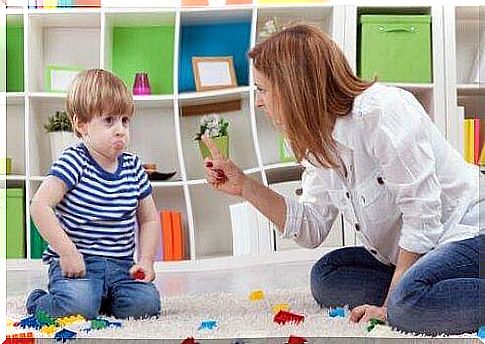
Conclusion: Common sense with children
In conclusion, this theory about the different parenting styles should be considered along with a more general understanding of children’s behavior. That said, parenting styles can vary depending on the specific needs and circumstances of each family.
However, it is clear that the democratic parenting style is extremely effective. It leads to good communication between parents and children.
Finally, this style will help your children develop a realistic outlook on life and a healthy, positive personality.

